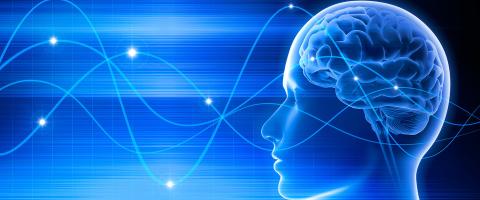
Researchers say they have identified an objective biomarker of recovery in major depression that in a small cohort of treatment-resistant patients was able (on an ongoing basis) to capture whether…
Read More

In their efforts to understand the beneficial effects of SAINT, an important new fast-acting brain stimulation treatment for refractory major depression, researchers now think they understand why it…
Read More

Over the last decade, rTMS (repetitive transcranial magnetic stimulation), a form of non-invasive brain stimulation, has become a first-line treatment option for depressed patients, including those…
Read More

In its first randomized, placebo-controlled test, an enhanced form of non-invasive brain stimulation called SNT (Stanford Neuromodulation Therapy, formerly called SAINT) generated "a large…
Read More

Researchers who conducted a small randomized trial of a form of non-invasive brain stimulation called tDCS (transcranial direct current stimulation) have found mechanistic evidence supporting its…
Read More


